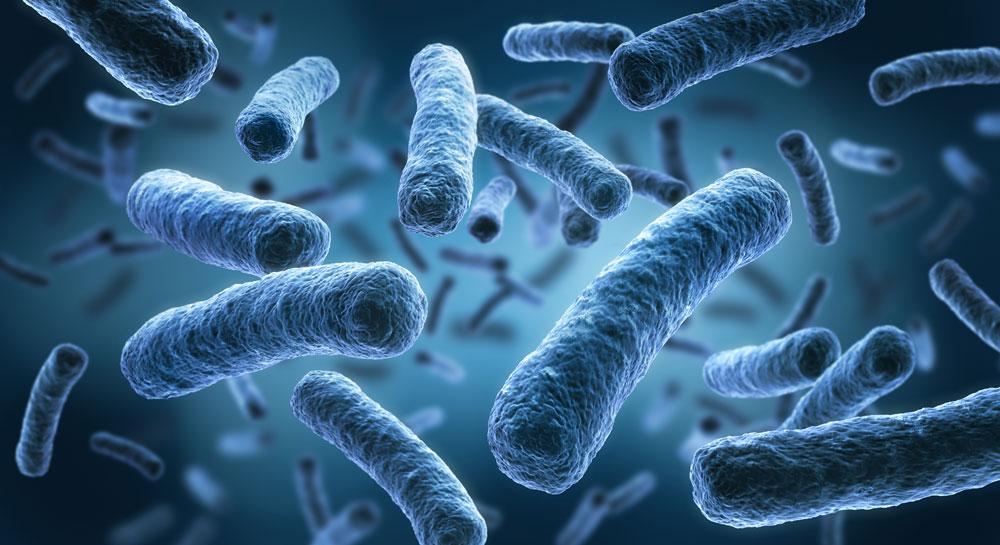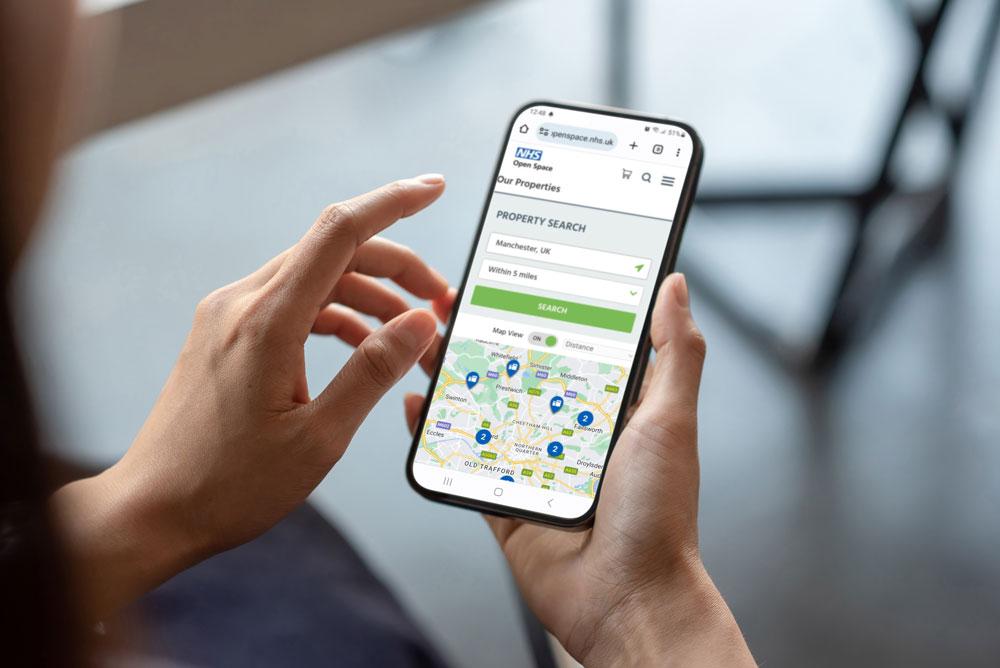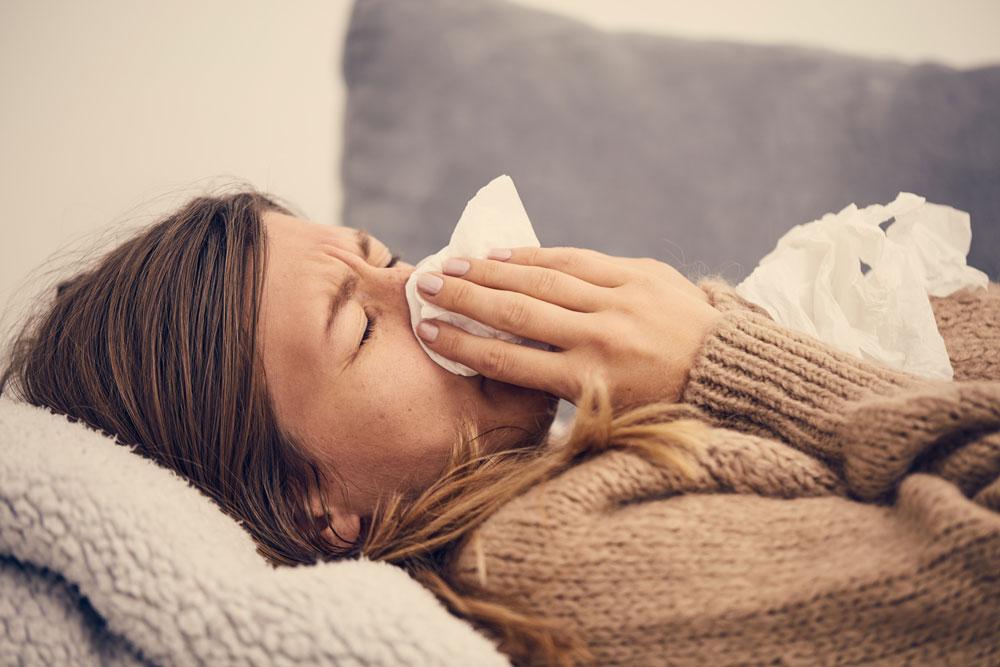With winter now well underway, with cold weather, rain and even snow, there is lots of facilities management work you can do to protect your properties. HB shares ten top tips for facilities management prep for winter
Over the winter, weather can be unpredictable, snow, ice, rain and wind can all pose significant risk to buildings and you need to be prepared.
Buildings themselves can tend be the main area of focus, and pre-emptive maintenance is a must to try to avoid any nasty surprises. However, management of the site is also important, making sure it is safe and access remains clear. This is especially important in the health service, with vulnerable service users.
Below are ten areas to focus on for the winter.
Water
Perhaps the most obvious thing to check is water supply. A burst pipe can cause a lot of problems very quickly. You should check the mains, pipes and taps for any signs of damage and make sure taps are turned off properly to prevent pipes from freezing.
It should be noted that vacant properties are at more risk from burst pipes due to colder temperatures in unoccupied buildings and the longer time it may take for a problem to be discovered.
It is important that pipes are adequately maintained and insulated, especially if your property is going to be vacant for long periods over Christmas.
Power
Power is essential for the running of any organisation and extreme weather can have an effect on this. It may be worth investigating generators or other alternative power supplies such as solar panels, if your power supply is cut off, or even to combat the energy crisis.
If you do have an alternate power supply, ensure it is properly maintained and make sure you have a plan if power does go out.
Perform an energy survey and audit and identify where savings can be made. Make sure unused electrical items are switched off if the building is closed over Christmas.
Heating
Though you may not have used your heating for a while, it is important to make sure it works and to identify any problems before you actually need it. A comfortable working environment is essential for productivity and comfort in your workplace. Make sure to listen to staff and service users about the temperature of the building.
Ensure your boiler is serviced regularly, and make sure the heating is scheduled to come on if the building is to be empty over Christmas to avoid the aforementioned burst pipe.
Windows and doors
To ensure your power and heating are used as efficiently as possible, make sure all your windows and doors are working properly and there are no draughts. This can also prevent mould. Some handles and catches may become stiff during the winter months, so it is important these are maintained and any issues are identified before they become a problem and you can’t shut the door properly.
Cleaning and hygiene
Virus circulation is expected to be high this year, after two years of reduced mixing over winter and Christmas and it is essential that cleaning and hygiene is maintained to keep staff well, keep your organisation running and reduce pressure on the NHS and other key services.
The colder weather also means people are less likely to make use of natural ventilation – opening a window – giving airborne viruses more chance to spread.
Another part of cleaning is keeping buildings free of visible dirt. Wetter weather and fallen leaves mean dirt, mud, leaves etc can be brought into the building and spread, making it look unclean. Wet leaves and water also present a slip hazard.
The best ways to prevent dirt spreading are a good doormat and regular cleaning.
Roof
Though it may not seem obvious or easy, it is critical to check the roof of your building before winter. Roof maintenance is essential to protect against cold and wet weather.
Check for missing, loose or cracked tiles before they get worse and check for leaks. You should also check for pooling water on flat rooves and any signs of damage on ceilings on the inside.
Gutters and drains
Following on from the above, make sure to check your gutters and downpipes for leaks and blockages. Ice and snow can make problems worse and a damaged gutter or downpipe can cause water to get inside the building.
Make sure to clear leaves from drains and the surrounding area to make sure they are not blocking drains ahead of any heavy rain. A blocked drain in a storm can become overwhelmed very quickly and cause access problems as well as flood damage to a property.
Walkways and roads
Fallen leaves can be a slip hazard, so it is important to clear them to ensure your paths and walkways are safe, especially if your facility caters for vulnerable users.
Snow and ice are the biggest issues to face walkways and roads in the winter months. Be prepared for snow clearance and removal and make sure you have a good supply of grit. It is important to grit surfaces before the ice hits.
If you have plants, it is important to look after them too, so they survive the winter and provide a nicer place to work and visit.
Outside lighting
Outside lighting is essential to keep staff and services users safe, especially if a building is not in a public area with already provided street lights. It will be dark by the time most people leave work now and even when some people arrive. Good lighting reduces the likelihood of accidents, such as trips and vehicle collisions. It also acts as a deterrent for crime and makes those using the facilities feel safer.
Check your wiring and lamps, and make sure any breakages are fixed. Ensure any timers and motion sensors are working.
Security
Security is critical if your building is going to be shut over Christmas and as the days get shorter. Make sure your lights and alarm are working properly.
You should adjust the timers on your lights as it gets darker sooner and get your alarm serviced. Dark nights and empty buildings are attractive for potential criminals.
Framework
NHS SBS’s Hard Facilities Management 2 (Hard FM Framework) offers a range of Hard FM facilities management products and services, including a range of estates and maintenance specialisms such as painting and decorating;kitchen equipment maintenance, plumbing services and building management systems.
The framework agreement has been specifically designed for the NHS and healthcare sector, with inputs from NHS
trusts (procurement, estate management and capital development personnel), the wider healthcare community and other public sector bodies.
Finally, if any problems are anticipated with any of the above or extreme
weather is forecast, make sure procedures are in place so that staff and service uses are safe at work and can get home safely too. If possible, allow staff to work from home if difficulties are expected.
With everything listed above, the most important takeaway is always prevention is better than cure. Make sure you have done what you can ahead of winter, so you are prepared.
In all cases, it is important to have emergency plans and clear lines of communication with service providers in case the unexpected happens.





